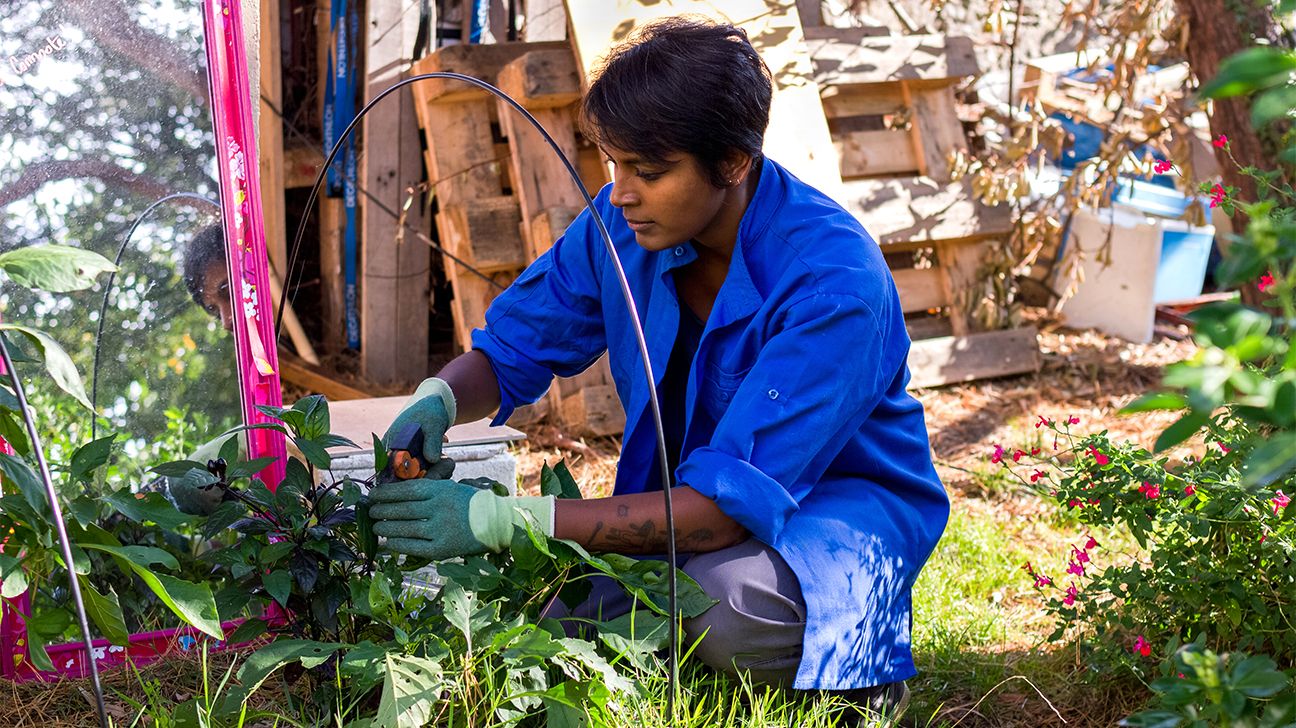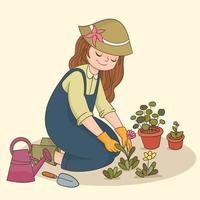Newbie Gardening Bliss: Growing Your Yard with Pleasure and Specialist Advice
Wiki Article
From Amateur to Green Thumb: A Step-by-Step Journey Via the Art of Gardening

Understanding Your Gardening Space
To start your horticulture journey, it is necessary to comprehend the distinct qualities and restrictions of your gardening area. Take a minute to observe your surroundings. Is your room small or large? Is it subjected to complete sunlight or does it obtain partial color? Are there any kind of certain obstacles you may encounter, such as poor dirt quality or restricted water availability? Recognizing these variables will help you make informed decisions regarding the kinds of plants that will certainly thrive in your space.Think about the size of your horticulture location. If you have a small room, you may need to focus on container gardening or upright gardening to optimize your expanding area. On the other hand, if you have a huge room, you have the luxury of planting a selection of plants and developing various zones within your yard.
If your space is shaded, you can decide for shade-loving plants like hostas or brushes (newbie gardening). If your room receives complete sun, you can grow a broad variety of plants, consisting of flowers, veggies, and herbs.
Finally, think about any kind of obstacles or limitations details to your area. You may need to amend it with compost or select plants that are forgiving of less-than-ideal problems if your soil high quality is inadequate. If water is scarce, you can choose for drought-tolerant plants or carry out water-saving techniques like mulching.
Selecting the Right Plant Kingdoms for Your Yard
Select plants that are fit to your yard's special conditions and your individual choices. When selecting plants for your yard, it is very important to think about factors such as sunshine, soil type, and environment. Take an appearance at the quantity of sunshine your yard gets throughout the day. Some plants grow completely sun, while others like partial and even full color. Consider the dirt key in your yard too. Some plants prefer well-drained dirt, while others grow in wet or clay-like dirt. Additionally, take into consideration the climate in your location. Some Read More Here plants are better matched for warm and completely dry environments, while others can endure colder temperature levels.It's likewise more worth considering the maintenance degree of the plants you choose. Some plants call for even more care and attention, while others are more low-maintenance.
Preparing the Soil for Growing
A lot of plants like a somewhat acidic to neutral pH, around 6.0 to 7.0. Inadequately drained pipes dirt can lead to water logged roots and various other plant wellness concerns. By examining and making needed changes to your soil, you can develop an optimum setting for your plants to grow.Nurturing and Preserving Your Garden
Make certain to water your plants deeply, allowing the water to penetrate the dirt and reach the roots. Routine weeding is also vital to keep your garden free from unwanted plants that compete for nutrients and room. Frequently evaluate your plants for any indicators of invasion or disease and take prompt activity to stop further damages.Troubleshooting Common Gardening Issues
To deal with common gardening issues, begin by identifying the trouble and taking instant activity. Among one of the most typical issues gardeners deal with is pests. You may have an insect infestation if you notice chewed leaves or plants that are wilting for no apparent factor. Examine your plants closely for indicators of bugs or various other pests. If you spot any, remove them manually or make use of natural bug control methods. An additional typical trouble is nutrient shortage. If your plants have yellow or stained leaves, they might not be getting enough nutrients. Think about fertilizing your dirt or including compost to boost its nutrient content. Overwatering is one more issue that can damage your plants. You might be overwatering if you notice water logged dirt or wilting in spite of adequate watering. Change your watering routine accordingly and ensure correct water drainage. Illness can likewise affect your garden. It might be a sign of condition if you see places, mold, or unusual growth on your plants. Remove affected plants and deal with the continuing to be ones with organic fungicides or chemicals. By immediately attending to these usual problems, you can make sure the health and wellness and success of your garden.Verdict
Congratulations! You have actually efficiently completed the journey from newbie to green thumb in the art of horticulture. By recognizing your gardening area, picking the right plants, preparing the soil, and supporting your yard, you have actually gotten rid of usual gardening problems like a pro. Now, armed with expertise and experience, you are ready to enjoy the charm and abundance of your prospering yard. Maintain up the magnum opus and remain to cultivate your green thumb!
When selecting plants for your yard, it is important to think about aspects such as sunshine, soil type, and environment. Some plants prefer well-drained dirt, while others flourish in moist or clay-like dirt (newbie gardening). By comprehending your gardening room, picking the right plants, preparing the dirt, and supporting your garden, you have actually gotten over common horticulture problems like a pro
Report this wiki page